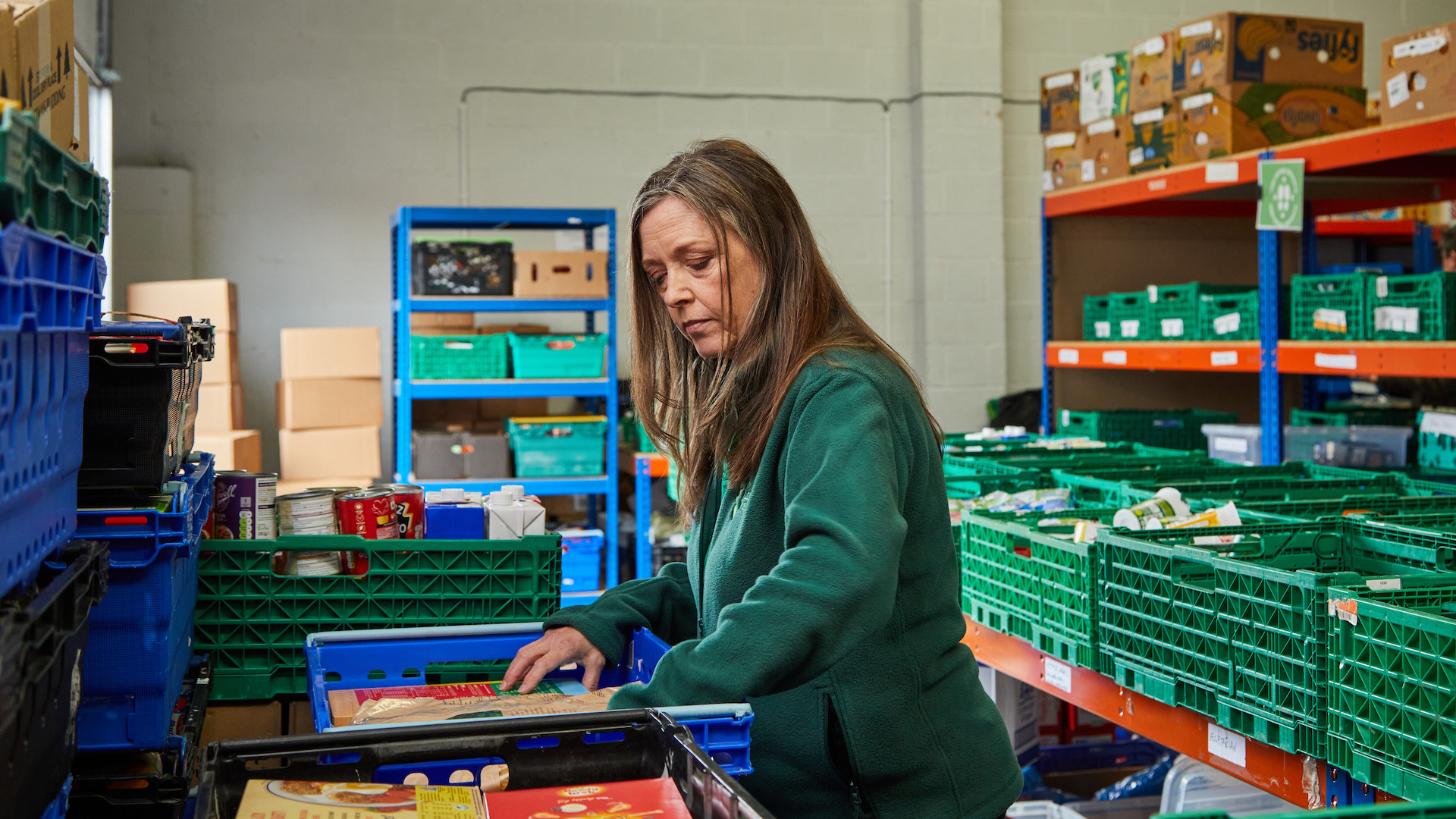The most recent figures collated from the Independent Food Aid Network (IFAN) show a stark picture of rising demand for support. Against a backdrop of exorbitant living costs, inadequate benefit payments, sanctions, benefit deductions, universal credit waiting times, the two-child limit, No Recourse to Public Funds (NRPF) status, low wages and insecure work, more and more people are being driven into poverty and hardship. And The Trussell Trust warned recently that their network’s food banks alone will need to support more than 600,000 people during the “worst winter yet”.
Just before Keir Starmer made his Labour Party Conference speech earlier this month, data from Citizens Advice revealed that not only are universal credit payments inadequate but punitive sanctions, deductions and waiting times before first payments are all causing people to fall further into debt and poverty. Advice workers are witnesses of a “terrifying new normal of people living on empty”.
Meanwhile, reports of independent food banks running low on donations have become commonplace. The manager of a small independent food bank recently reported to IFAN that: “Surplus food is down. Our collections are under 50% of what they were. It just doesn’t work.” Independent food bank teams are having to ration their supplies and are putting strategies in place to limit the scale of support they can provide. Paul O’Brien of social justice charity Micah Liverpool put it this way: “Food banks cannot sustain this level of poverty for much longer.”
Get the latest news and insight into how the Big Issue magazine is made by signing up for the Inside Big Issue newsletter
But an alarming new trend has also emerged. So overwhelmed by what’s being asked of them, food bank teams are having to access mental health support services to find a way to cope with the impact of what’s being asked of them. Jen Coleman of the Black Country Food Bank has explained: “Volunteers are struggling because of the number of people accessing our services, the weight of responsibility is huge.”
That burden is only made heavier by the complexity of the situations people struggling to afford food are facing. Su Parrish, based at The Easter Team in Crawley, knows this only too well that: “Everyone is feeling the strain of struggling to support clients with increasingly complex needs. Most of our volunteers signed up to give out food parcels and be a friendly face spreading some love. They didn’t anticipate the level of stress that our clients now exhibit because of the situations they find themselves in.”









